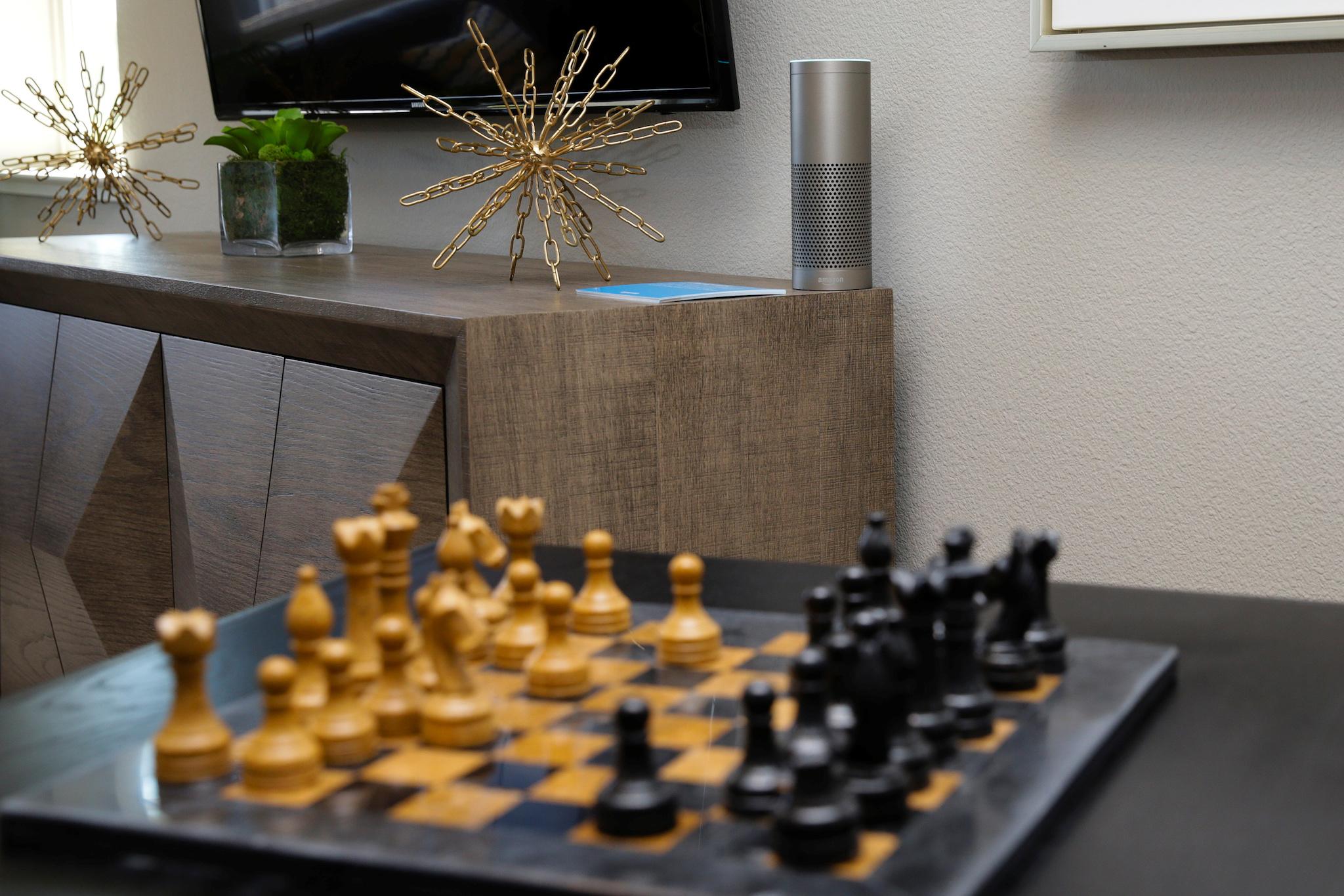How an Amazon Echo recorded a family's private conversation then sent it to a random person
Such an occurrence is 'extremely rare', according to Amazon

It started with a chilling phone call: a voice on the other end of the line telling you to unplug your devices and that they are being listened to. Then it became something even more worrying, when you realise that it's true, and the Amazon Echo in your house has been sending your private conversations to random people.
The revelation that an Amazon Echo speaker had been quietly recording its owners and then sharing those recordings have shocked and scared many people who own the useful but intimate little cylinders. Amazon has said that such an event is extremely rare – and that it is working to make it even less likely – but the fact that it can happen at all has worried many people who have let Alexa into their home.
The bizarre occurrence seems to be the consequence of a relatively innocent sounding feature: a messaging tool that allows people to send voice notes to other people with Echos. It is activated by asking Alexa to send a message, after which she will ask for the message itself and who to send it to; the other person will then be notified when their Echo lights up and they can listen to the message.
That appears to have happened in this latest story. But the people involved didn't actually say any of the words to make it happen, and the message was instead the result of a mishearing by Alexa.
"Echo woke up due to a word in background conversation sounding like 'Alexa'," an Amazon spokesperson said. "Then, the subsequent conversation was heard as a 'send message' request. At which point, Alexa said out loud 'To whom?' At which point, the background conversation was interpreted as a name in the customers contact list. Alexa then asked out loud, '[contact name], right?' Alexa then interpreted background conversation as 'right'. As unlikely as this string of events is, we are evaluating options to make this case even less likely."
There are a number of ways to stop such a thing happening to you.
One extreme one is simply not to use the messaging feature at all, and to have no contacts. That way, people will never be sent your conversations because Alexa won't actually know who to send them to.
But a slightly less extreme one is to make sure that the volume on the Echo is always turned up, so that you can hear any prompts. And, of course, if you are in the same room as the Echo it is worth keeping an eye on what it is doing.
If you are concerned that it has been doing so without your knowledge, head to the Alexa app. There you can see a history of everything it has heard you say, and you can delete the recordings of your voice.
And if the Echo is regularly waking up by accident – if, for instance, you have someone in your family called Alexa, or something like it – you might want to change the wake word. It can easily be changed to Echo or Amazon through the app, though of course you will then have to make sure you are careful about saying those words too.
Join our commenting forum
Join thought-provoking conversations, follow other Independent readers and see their replies
Comments
Bookmark popover
Removed from bookmarks